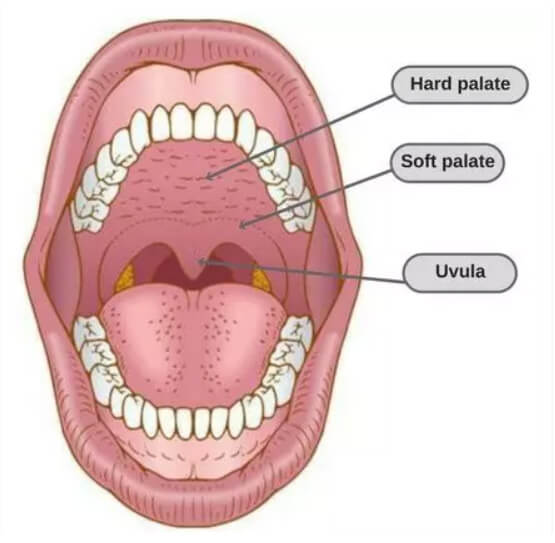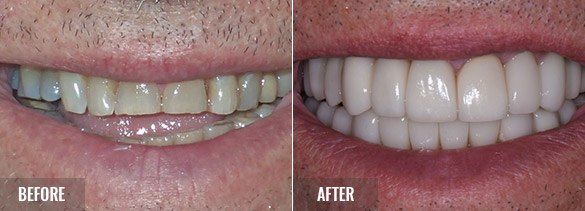It is not uncommon for people to snore occasionally, but in many cases, it is a sign of a serious underlying condition, such as sleep apnea. When you enter a deep sleep, your muscles relax, and this includes the muscles in your head and neck. When these muscles relax, your airway can become partially blocked by your uvula.


WHAT ARE THE SIGNS AND SYMPTOMS OF SNORING?
- Waking up with morning headaches
- High blood pressure
- Noticeable paused breaths during sleep
- Sleep that is restless – Excessive Daytime Sleepiness
- Sore throat when you wake up
- Gasping or choking during the night
WHAT ARE THE CAUSES OF SNORING?
Snoring can be caused by a variety of conditions including:
- Obstructive Sleep Apnea – click here to learn more
- Restricted/Narrow Airway
- Anatomy of the oral cavity and sinuses
- Sleep position – snoring most frequently and loudly when sleeping on your back. Gravity affects the airway in your throat.
- Deviated septum
- Nasal congestion
- Alcohol consumption
RISK FACTORS FOR SNORING
Anyone can snore, but some may be at greater risk for snoring including:
- Family history of snoring or obstructive sleep apnea
- Being overweight
- Narrow airway – These symptoms can narrow your airway
- Underdeveloped Upper or Lower Jaws (sit further back in the skull) – “Tucked-In Jaws”
- Constricted or V-Shaped Upper or Lower Jaws
- Large Tongue
- Large Tonsils or Uvula
- Men with Necks >17” or Women with Necks >16”
WHAT ARE MY OPTIONS TO TREAT MY SNORING?
- Sleep Test
- Can be a HST (Home Sleep Test) or Polysomnography (In-Lab Sleep Test)
- Used to rule in/out Upper Airway Resistance Syndrome or Obstructive Sleep Apnea
- Oral Appliance Therapy – custom oral appliance used to posture your lower jaw slightly forward while you sleep, opening your airway.
- Avoid alcohol close to bedtime
- Losing weight
- Try sleeping on your side
- Upper Airway Surgery
- Continuous positive airway pressure (CPAP) – if diagnosed with OSA (Obstructive Sleep Apnea)
WHEN SHOULD YOU SEE YOUR DENTIST?
Dr. Lepore or Dr. Dougherty will do a screening during your comprehensive exam. If you notice that you are experiencing sleepiness during the day, difficulty concentrating, or you are disrupting the sleep of your partner or spouse, give us a call today for an evaluation. Getting the rest you need can change your quality of life and improve your overall health.









